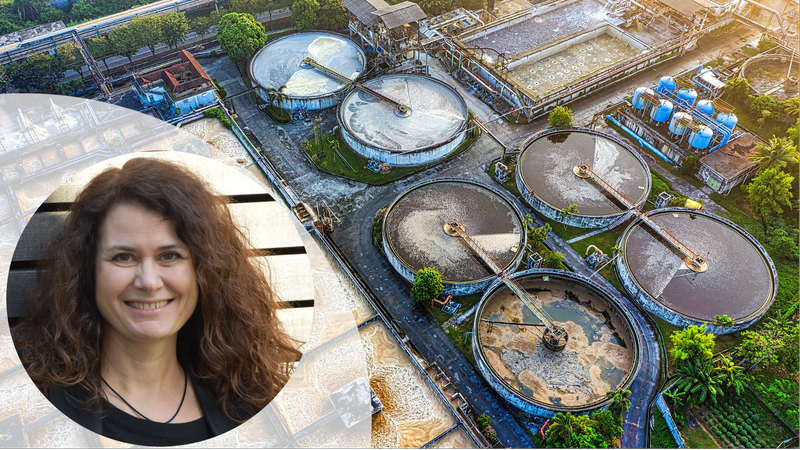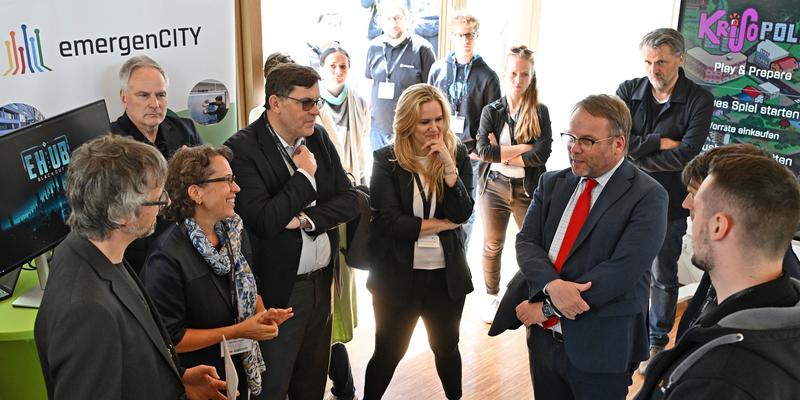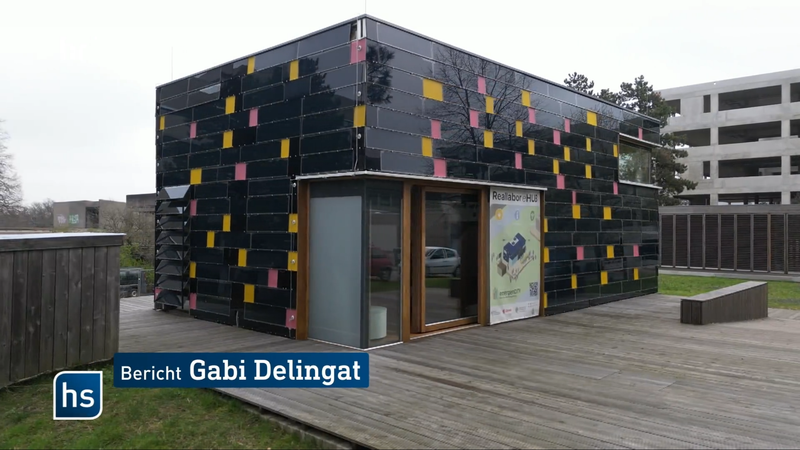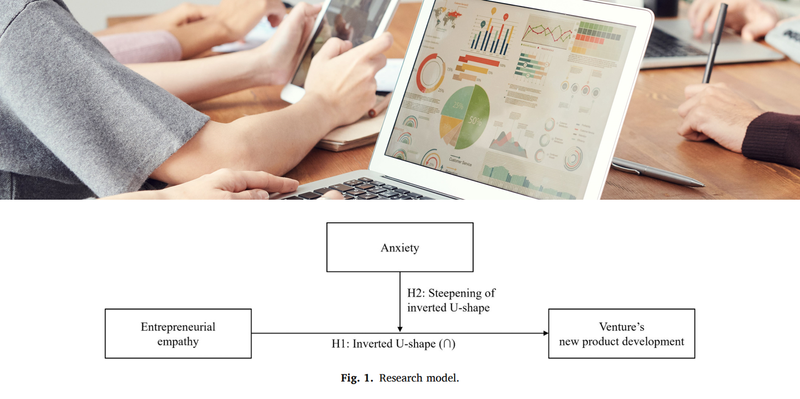emergenCITY-PI Annette Rudolph-Cleff talks in an interview to Der Spiegel about the consequences of climate change in cities
In the context of this year’s drought and heatwave in Germany and last year’s floods in North Rhine-Westphalia and Rhineland-Palatinate, emergenCITY-PI Annette Rudolph-Cleff gave an interview in Der Spiegel that strikes a chord with daily debates around the climate topics. Rudolph-Cleff, an architect working at emergenCITY’s department for city and society, points out the importance of cities in current environmental crisis scenarios and small steps in a situation of dramatic climate change. Her conclusion: “There is no single recipe, but plenty of small things we can start with.”
Climate, as one of many pressing issues in current urban planning and development, has occupied Rudolph-Cleff in her research and work for some time, especially water management and water-sensitive urban design. “However, so far there are only singular projects that we are implementing in the cities,” the architect describes the general practice. A pioneer project in Mannheim, for example, uses treated wastewater from showers and kitchens in toilets, washing machines or for watering gardens. In Singapore, on the other hand, there is already a water treatment system that turns contaminated toilet wastewater back into drinking water.
Holistic water management, a general understanding of water cycles, and how these can literally be given space in a city through water-sensitive urban design, are not yet prioritised in urban development by politicians and the population. “The invisible systems of water supply are so abstract that individuals have lost their connection to water,” says Rudolph-Cleff, describing a central problem in addition to the variety of urgent issues that cities have to deal with. The scientist also considers the rationing of water alone to be an insufficient approach. Instead, she says, treated wastewater needs to be understood as a source of water of equal quality than fresh water, shading and evaporation from trees and water installations should be taken into account in urban planning, and infiltration and dispersion possibilities for water in cities must be provided.
Ultimately, Darmstadt is a good regional example of a change in mentality that also includes the local population. There, the expansion of the city into the outskirts is off the table, for which, however, post-densification and multi-storey buildings are accepted. “Admittedly, these are lengthy processes in Germany. But that’s why there is no quick fix,” says Rudolph-Cleff. Internationally, in cities like Copenhagen, experiences of floods have led to rethinking and rebuilding. “The disaster also always means the chance to learn from the disaster,” the scientist urges. The flood and heavy rain events of recent years are just as suitable for this as the heat and drought episodes.
You can read the whole interview here (paywall and article in German). Further, Rudolph-Cleff’s evaluation has been quoted here and here to be read for free. Another related article to the idea of so-called sponge cities with inputs from Rudolph-Cleff was published on 10th of September in the Der Spiegel print version.



